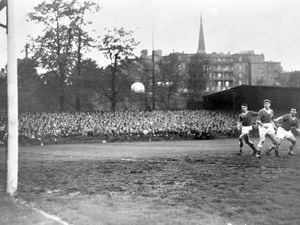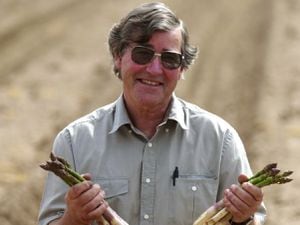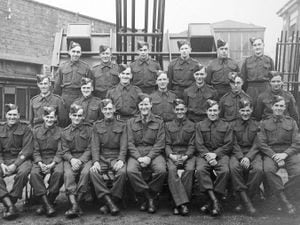Looking back on Lower Gornal and the 'bilingual' Black Country children
People from Lower Gornal. Can you understand them?
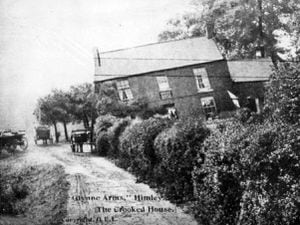
"The speech of the district presents peculiar difficulties." According to the headmaster of Red Hall Boys School in Lower Gornal, that was a comment made over and over again by HM inspectors who visited the school over a period of 30 years. Which, as he said that back in 1933, means we are going back almost to Victorian times.
His name was a Mr Evans, and he thought that if parents co-operated, they could eventually stamp out the Lower Gornal dialect.
Today's Lower Gornal folk will have to judge for themselves how he got on, but in any event the Express & Star of the 1930s wondered why it should be stamped out.
"To do so would be to rob the district familiar with 'How Molly Stubbs went to be Bishop'd' of one of its characteristics and of that little lilt in the mode of speech which gives us sta-ers for stairs, cha-ers for chairs, dow-en for down, ow-at for out, and ni-et for night," the paper said.
Incidentally the story of Molly Stubbs and her attempt to be "bishop'd" – that is, confirmed – is a local folklore tale.
Our 1933 correspondent continued: "The truth probably is that Gornal children, like those in some other South Staffordshire districts, are bilingual, in the sense that while speaking correct English in the classroom they employ a rougher speech in the playground and the street.
"It is here, apparently, that some of the inspectors cannot understand what the children say.
"It should be borne in mind, however, that there is all the difference between turning am into 'bin,' I am not into 'bay' or 'baint,' and where into 'weer' and the use of expressive words and quaint phrases which have enriched, for so long, the Black Country dialect.
"There would be no difficulty, other than considerations of space, in setting down hundreds of words and idioms, some of Chaucerian origin and flavour, though not all strictly confined to South Staffordshire, which may be heard today in any Black Country district and which many people would be sorry to see pass into oblivion.
"Take, for example, the word 'boffomle.' Does it not in itself convey the idea of being bothered or confused? And is not the plant with the drooping flowers known as the fuschsia well-expressed in the word 'drappertree'?
"Again, what shall be said of 'tranklements'? What more comprehensive term to denote the nick-nacks collected on the kitchen mantelshelf, in many a house in Gornal, where a 'gleed' is a glowing coal and 'ess' is ashes, just as they were centuries ago?
"It is 10 to one, too, that an ailing or complaining person will be described still as 'craichy,' a peevish or ill-tempered man as a 'fanzy' man, and an adept at any particular job as a 'dab-hond,' and that father, before he goes up the 'wudden 'ill' (upstairs) 'ter rewst' (to bed) will continue to 'mak' or 'mek' the 'dooer' or 'doher' and 'dout' (put out) the light.
"In the garden the Gornal man will tend with as much care as ever his 'ricklaces' (auriculas) and will use 'risles' with an accent on the 'i' for his runner peas and beans, and if he is a collier he will do his 'stent' (task of work) and operate 'annunst' (opposite) his mate.
"Finally, the surest way for a stranger desirous of discovering the Glynne Arms, near Himley, is to ask not for the 'crooked' but for the 'siden' house."
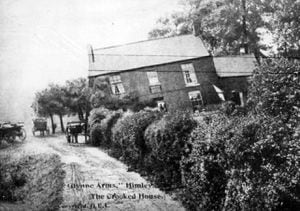
This pub on a slant still stands today, called The Crooked House.


